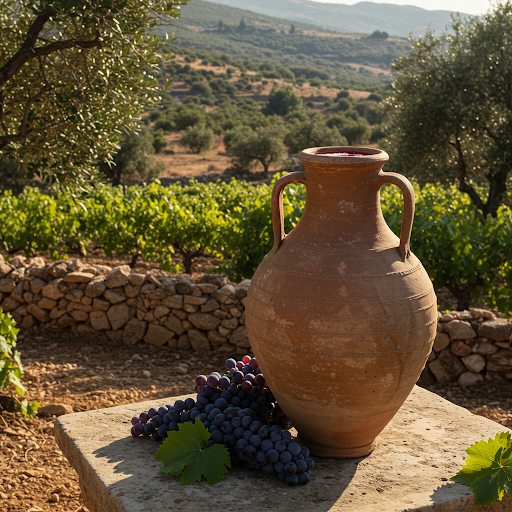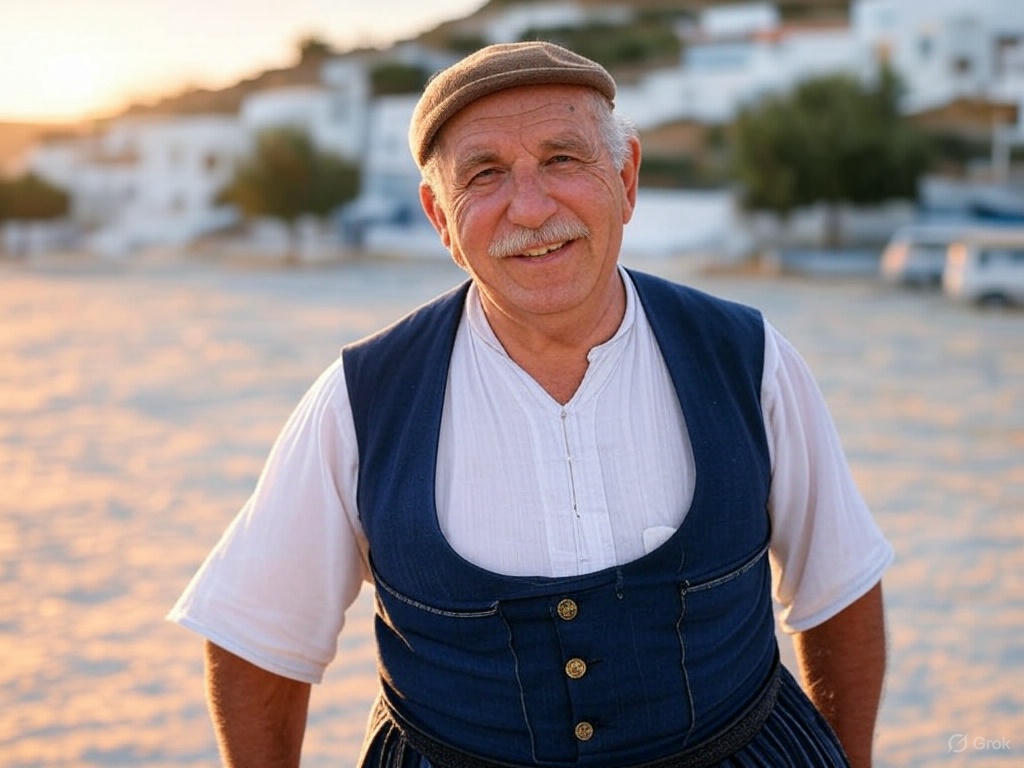Is Greece’s Government About to Surrender to Turkey’s Pressure Over “Asteromata”?
A storm is brewing over Greece’s Eurovision 2025 entry, Asteromata by Klavdia, as Turkey moves swiftly to scrutinize the song. Turkey’s state broadcaster TRT has announced it will review the lyrics, warning that if the song references the Pontic Greek Genocide—a historical reality that Turkey refuses to acknowledge—it will escalate its diplomatic response.
Turkey’s Outrage Over Asteromata
Turkish media, particularly Eurovision Türkiye, reports that TRT is taking issue with Asteromata due to its possible allusions to the Pontic Greek Genocide. Their reaction follows an interview Klavdia gave on ERT’s Proïan Se Idon on January 16, where she stated that the song is about displacement and refugee struggles—themes deeply tied to Greece’s historical experiences, including the forced uprooting of the Pontic Greek community.
TRT has made it clear: if it finds any reference to the genocide, Turkey will take diplomatic action at the highest level. But the real question is—will Greece’s government stand firm in the face of these threats, or will it cave under pressure and silence its own artist?
The Weight of History and a Song’s Message
Asteromata is more than just a song; it is an ethnic ballad carrying the weight of historical trauma, exile, and the struggle for survival. The title itself, Asteromata, is a traditional term from Smyrna, describing women with strikingly bright eyes—a poetic connection to a past that Turkey would rather erase.
Klavdia, who has Pontic Greek heritage, drew inspiration from her family’s history of forced migration, channeling the pain and resilience of an entire community. Speaking to ERT, she said:
“We wanted to create a song that truly resonates with me—something tied to my roots. Asteromata speaks of displacement, the refugee experience, and the search for a better future. Greece knows this reality well, from our grandparents’ history to today’s refugees arriving on our shores.”
Her personal connection runs deep—her grandmother, also named Klavdia, was exiled to the Soviet Union before her family finally returned to Greece in 1991.
Klavdia - Asteromáta National Final Performance Eurovision2025
Will Greece Defend Its Own Truth, or Bow to Turkey?
Turkey’s reaction is hardly surprising, but what remains to be seen is whether the Greek government will take a firm stance or surrender to Turkish demands. Will they stand by Klavdia and the historical truth, or will they cowardly remove the song to appease Turkey?
Adding to the irony, a Turkish YouTuber was reportedly moved to tears by the song—a testament to its emotional depth and universal message. Yet, despite this, Turkey’s officials appear intent on turning a work of art into a political battleground.
As Eurovision 2025 draws near, one thing is clear: this is no longer just about a song. It’s a test of Greece’s resolve, a moment to prove whether the country will honor its history—or let others dictate what it can and cannot say.









